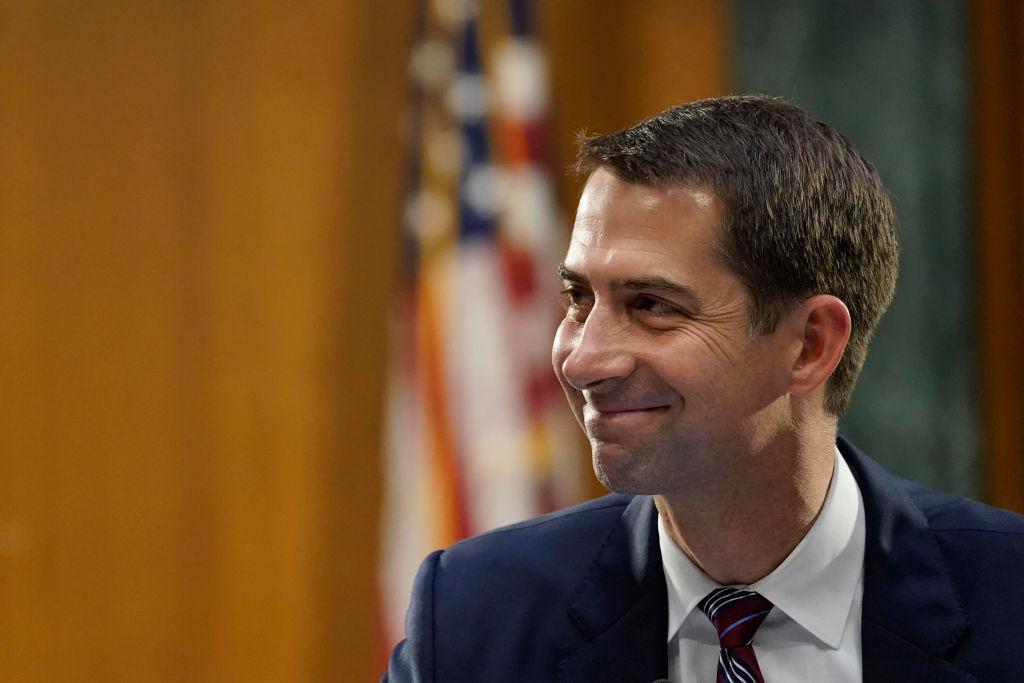Sen. Tom Cotton (R-Ark.) introduced a proposal that seeks to keep U.S. agricultural innovations from falling into the hands of foreign countries, especially China.
The measure, named the Agricultural Intelligence Measures (AIM) Act (S.4768), would amend the Department of Agriculture Reorganization Act of 1994, paving the way for the establishment of an intelligence office within the U.S. Department of Agriculture (USDA).





